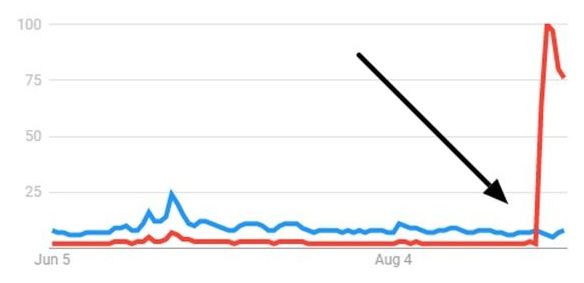The cryptocurrency Bitcoin is limited by its astronomical electricity consumption and outsized carbon footprint. A nearly zero-energy alternative sounds too good to be true, but as School of Computer and Communication Sciences (IC) Professor Rachid Guerraoui explains, it all comes down to our understanding of what makes transactions secure.
To explain why the system developed in his Distributed Computing Lab (DCL) represents a paradigm shift in how we think about cryptocurrencies—and about digital trust in general—Professor Rachid Guerraoui uses a legal metaphor: all players in this new system are “innocent until proven guilty.”
This is in contrast to the traditional Bitcoin model first described in 2008 by Satoshi Nakamoto, which relies on solving a difficult problem called “consensus” to guarantee the security of transactions. In this model, everyone in a distributed system must agree on the validity of all transactions to prevent malicious players from cheating—for example, by spending the same digital tokens twice (double-spending). In order to prove their honesty and achieve consensus, players must execute complex—and energy-intensive—computing tasks that are then verified by the other players.








